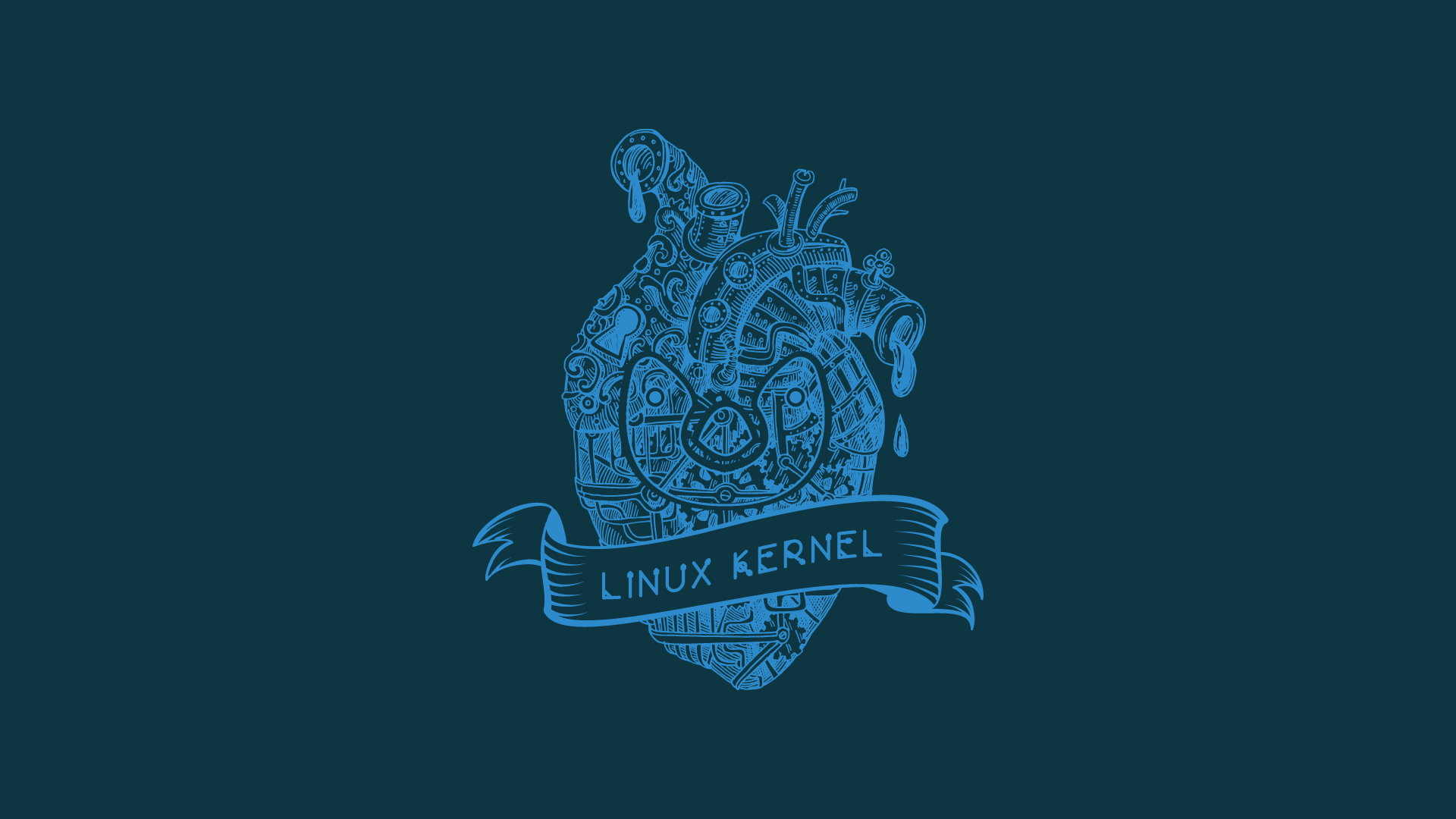| #![no_std] | |
| #![no_main] | |
| use panic_halt as _; // you can put a breakpoint on `rust_begin_unwind` to catch panics | |
| use cortex_m_rt::entry; | |
| use stm32f4xx_hal as hal; | |
| use crate::hal::{prelude::*, stm32}; | |
| #[entry] |
Run the following in the terminal:
Install the gcc-7 packages:
sudo apt-get install -y software-properties-common
sudo add-apt-repository ppa:ubuntu-toolchain-r/test
sudo apt update
sudo apt install g++-7 -y
Set it up so the symbolic links gcc, g++ point to the newer version:
| # Gawk version | |
| # Remote | |
| grep -v "rem_address" /proc/net/tcp | awk '{x=strtonum("0x"substr($3,index($3,":")-2,2)); for (i=5; i>0; i-=2) x = x"."strtonum("0x"substr($3,i,2))}{print x":"strtonum("0x"substr($3,index($3,":")+1,4))}' | |
| # Local | |
| grep -v "rem_address" /proc/net/tcp | awk '{x=strtonum("0x"substr($2,index($2,":")-2,2)); for (i=5; i>0; i-=2) x = x"."strtonum("0x"substr($2,i,2))}{print x":"strtonum("0x"substr($2,index($2,":")+1,4))}' | |
| # No Gawk | |
| # Local | |
| grep -v "rem_address" /proc/net/tcp | awk 'function hextodec(str,ret,n,i,k,c){ |
| # Use envFrom to load Secrets and ConfigMaps into environment variables | |
| apiVersion: apps/v1beta2 | |
| kind: Deployment | |
| metadata: | |
| name: mans-not-hot | |
| labels: | |
| app: mans-not-hot | |
| spec: | |
| replicas: 1 |
| #!/bin/bash | |
| set -e | |
| set -o pipefail | |
| # Add user to k8s using service account, no RBAC (must create RBAC after this script) | |
| if [[ -z "$1" ]] || [[ -z "$2" ]]; then | |
| echo "usage: $0 <service_account_name> <namespace>" | |
| exit 1 | |
| fi |
| #!/bin/bash | |
| url="https://gist.githubusercontent.com/RichardBronosky/2d04c7c2e9a5bea67cd9760a35415a3f/raw/install_mongo.sh" | |
| script="/tmp/userdata.sh" | |
| echo "Running userdata script as $(whoami) from $(pwd)" | |
| # Log commands to stdout and vicariously /var/log/cloud-init-output.log | |
| set -o xtrace | |
| # Exit on error |
This is about documenting getting Linux running on the late 2016 and mid 2017 MPB's; the focus is mostly on the MacBookPro13,3 and MacBookPro14,3 (15inch models), but I try to make it relevant and provide information for MacBookPro13,1, MacBookPro13,2, MacBookPro14,1, and MacBookPro14,2 (13inch models) too. I'm currently using Fedora 27, but most the things should be valid for other recent distros even if the details differ. The kernel version is 4.14.x (after latest update).
The state of linux on the MBP (with particular focus on MacBookPro13,2) is also being tracked on https://github.com/Dunedan/mbp-2016-linux . And for Ubuntu users there are a couple tutorials (here and here) focused on that distro and the MacBook.
Note: For those who have followed these instructions ealier, and in particular for those who have had problems with the custom DSDT, modifying the DSDT is not necessary anymore - se
The way I like to serialize data in Rust into binary formats is to let a data structure blit itself into a mutable buffer. This is a relatively composable, low level way to work that lends itself to having other abstractions built on top of it. I recently was serializing network packets, so let's make up a small packet format that illustrates how we can do this.
+-------------+-------------+
| Tag (u16) | Count (u16) |
+-------------+-------------+
| |
~ Entry (u32) ~
